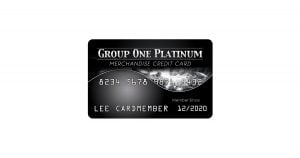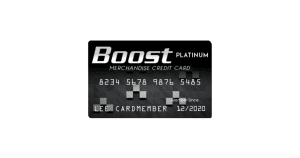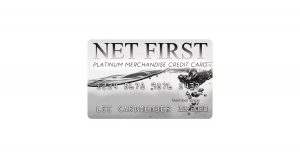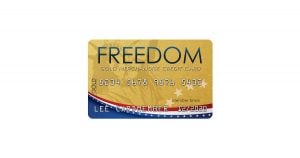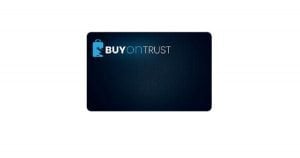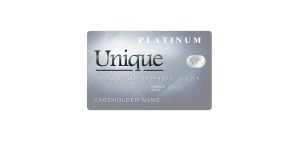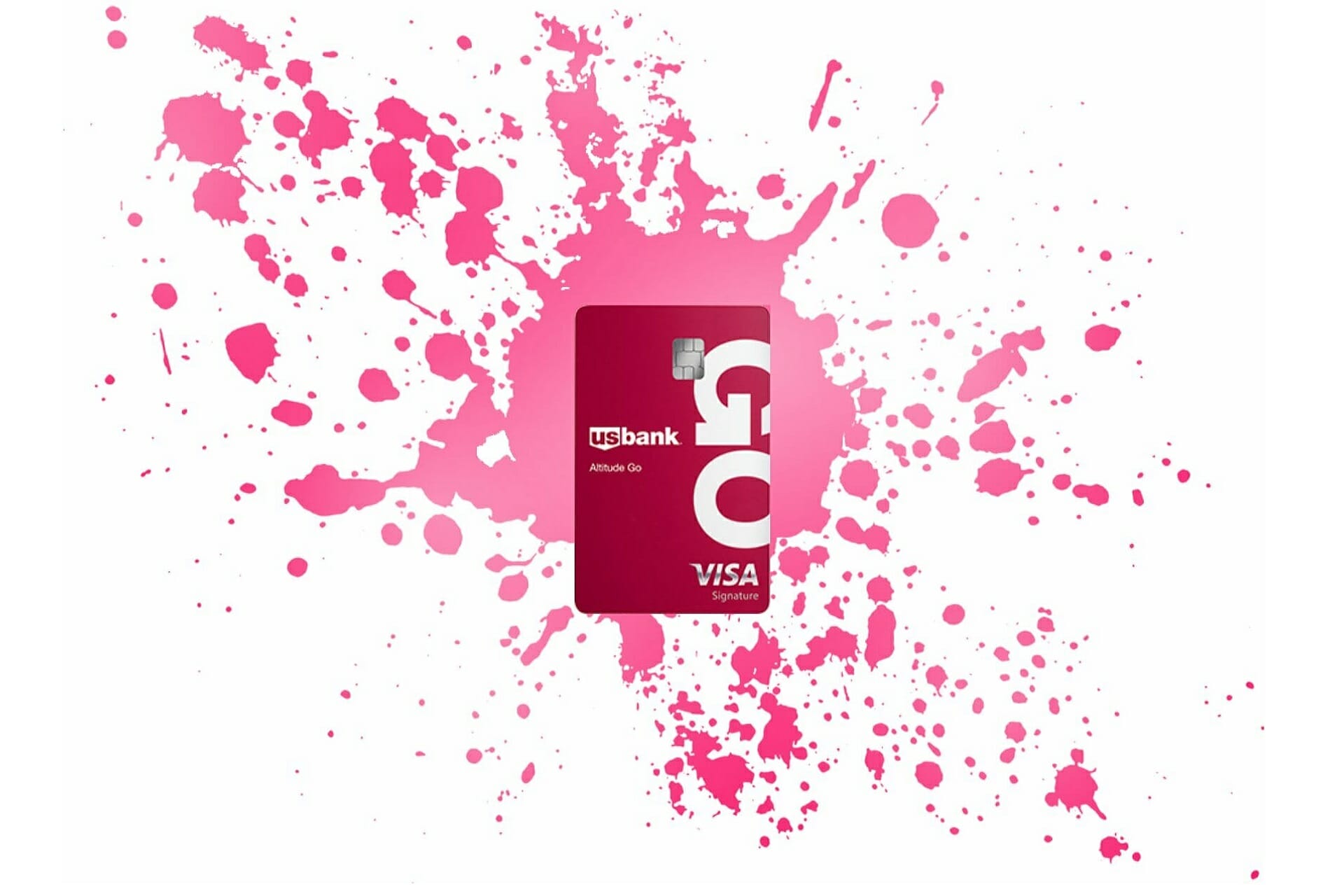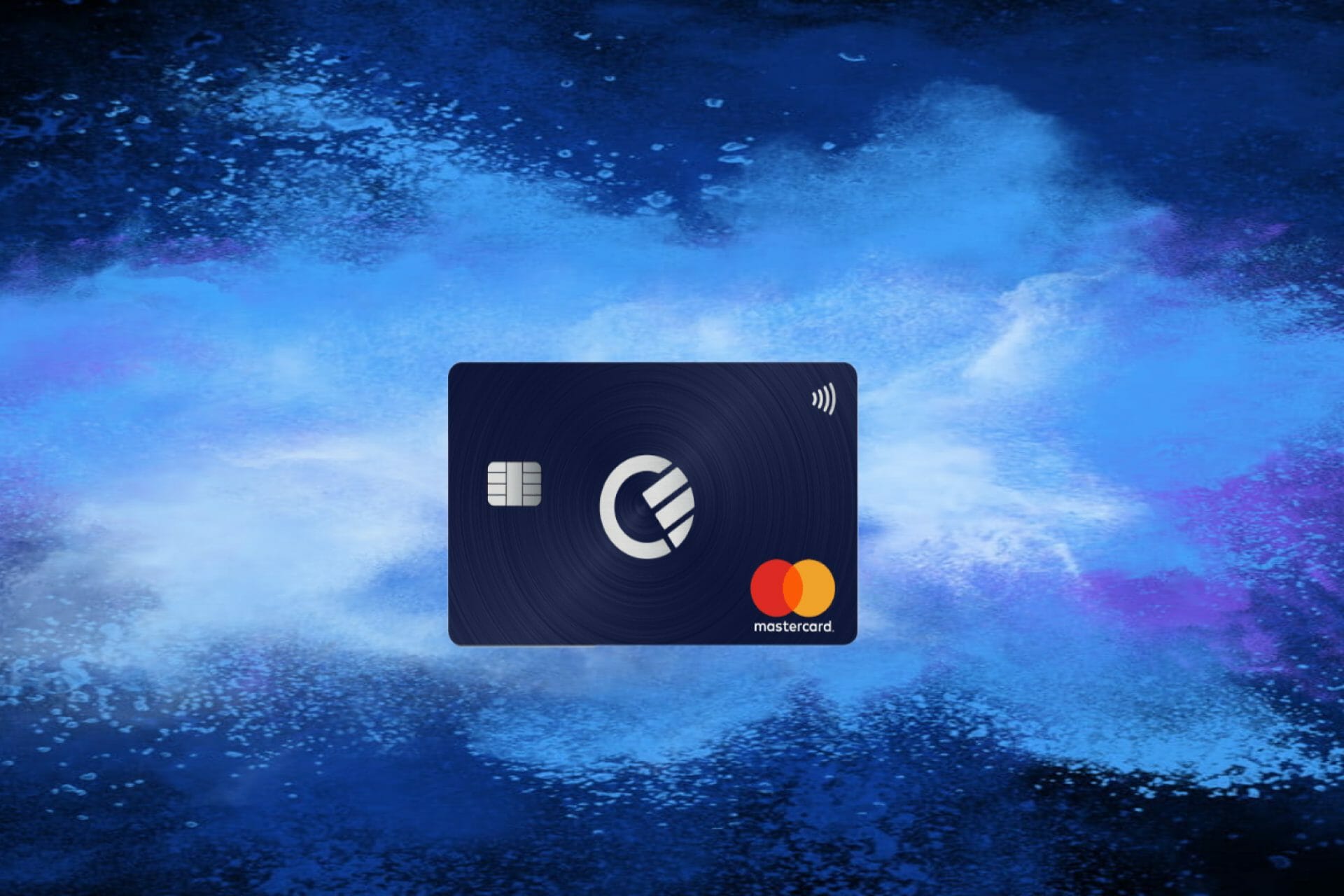Can You Lose Your House Because of Credit Card Debt?

Credit card debt is a serious problem in the United States. According to recent data, U.S. household debt is currently at a staggering $14.3 trillion. And while credit card debt is declining, Americans still hold over $760 billion in combined debt for that category. But given the issues that too much debt can cause – such as interest payments and defaults – can you lose your house because of credit card debt?
Credit Card Debt is Unsecured Debt
The answer to this question is: Maybe. Fortunately, losing your home due to unpaid credit card debt is highly unlikely.
Credit card debt is a type of unsecured debt. This type of debt differs from things such as mortgages or car loans, which are attached to an item (your house or your car). With secured debts, defaults mean the lender can seize those items right away.
Debt Collectors and Default Judgments
Because credit card debt is unsecured, credit card companies can’t take your possessions. Instead, they need to file a lawsuit to obtain a judgment. Most credit card companies work with debtors to help them repay their loans.
If a cardholder fails to respond to repeated requests, the bank may sell the debt to a debt collection agency. These companies make their money off debt repayments, so they are more likely to hound you. They might even take you to court to seek repayment.
Many debtors ignore these lawsuits, resulting in something called a “default judgment.” A default judgment is an assumption of guilt since the defendant did not appear to defend themselves. In these situations, the court may award the debt collector a financial sum – and the ability to come after your assets, such as your home, car, or other property.
How to Protect Yourself from Credit Card Debt
While you probably won’t lose your house because of unpaid credit card debt, it is a possibility. So, how can you protect yourself from credit card deb and its long-term consequencest?
Ask Your Bank for Relief
The best first step you can take is to ask your bank for help. Most credit card lenders are more than willing to help customers that fall behind on their payments. After all, it is in their best interest to help you pay – that’s how they make their money.
Banks offer a variety of credit card relief programs, including:
- Deferred payments: Allow cardholders to roll over this month’s payment into next month, buying them time
- Payment extensions: Give cardholders longer to pay a due balance without late fees
- Forbearance: Allow month(s) of no payments, though the account still incurs interest
- Due date changes: Change the statement date to better align with your finances
- Fee waivers: Banks may eliminate late fees or annual fees
Related Article: What Types of Credit Card Relief Do Banks Offer?
Monitor Your Credit Report
Keeping a close eye on your credit report is essential. Less reputable debt collectors might try to use “zombie debt” to make a quick buck. What is zombie debt? It is old debt that is forgotten, written off, or paid off. Creditors might bring these debts back through error or fraud and can collect on this debt illegally.
By tracking your credit reports from the major credit bureaus (Equifax, Experian, and TransUnion), you can ensure that everything is up to date. This practice can keep the zombie debt collectors at bay.
Contact a Credit Counselor or Financial Attorney
Contacting a licensed credit counselor is another way to help protect your property from credit card debt’s side effects. Institutions, like The National Foundation for Credit Counseling, are non-profit organizations that help consumers tackle their debt with debt management plans and other advice.
If none of these plans work, your final option may be to contact a reputable bankruptcy lawyer. Many bankruptcy lawyers have a deep understanding of the issues involved with credit card debt and personal finance. They can help you develop a plan of action to improve your financial situation – and your credit score.
Related Article: What’s the Best Card for Rebuilding Credit? Mercury Mastercard vs Reflex Platinum Mastercard



